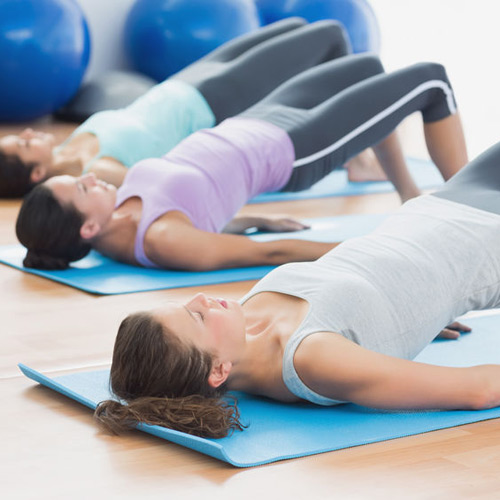Why Pilates Isn’t Just Great For Athletes
What does my physio think about Pilates?
Do you ever wonder what your physio thinks about your favourite forms of exercise or whether your health or lifestyle choices are a good idea? In the first of a series of blog posts entitled “What Does My Physio Think…?” we’ve asked our physios, and our support staff, what they think about Pilates.
What does my physio think about Pilates?
What is Pilates?
Pilates was developed by Joseph Pilates in Germany where he was a carpenter and gymnast. He invented Pilates, which he originally called Contrology, as an exercise program for injured dancers and soldiers. He believed that physical and mental health were closely connected.
Pilates is a form of exercise, similar to Yoga, which concentrates on posture, balance and flexibility. It also focuses on the mind-body connection. While doing the various exercises your mind needs to be constantly aware of your breathing and the way your body moves.
Why is Pilates good for me?
Pilates is good for building core and whole body strength which is vital to hold form for any sports or just holding good posture for sitting on a desk. It’s great for improving your balance, increasing your range of movement and making you more body aware so that you think about how you sit, stand, walk and breathe much more.
What we think of Pilates
Our spinal specialist Physio Shari says
“There are many styles of Pilates and a good class can be quite dependent on the teacher/instructor. Also there is "mat Pilates" vs "equipment Pilates". Equipment Pilates is excellent and I much prefer it to mat based. 1:1 sessions are the best, and then classes once progressed. I wouldn't recommend YouTube videos unless the person has no injuries or physical issues. YouTube videos are very generalised so not all the exercises are appropriate for people with injuries/issues also there is no one there supervising for correct technique which is really important in Pilates. Prescribed Pilates exercises at home from a physiotherapist will be specific to the patient and their injury and needs and also the physiotherapist will provide the patient with cues to optimise the exercise.”
Physio Paul who specialises in shoulder & elbow, hip & groin and sports injuries says
“Used well, Pilates can be a very useful approach to exercise - it is very useful for activating muscles that may otherwise be hard to work. I normally recommend a couple of one-to-one sessions with an instructor to try to understand the approach and some of the language. Find out what the exercises should feel like and once you have established a good routine of exercises, a YouTube video might be enough.”
Our NoviceRunnerNik says
“I’ve been doing Pilates classes for 6 – 7 years and I really rate it. It has improved my balance and core strength and I feel that it’s helped my running a lot. It’s made me far more body and posture aware and I always recommend it to my runner friends.”




